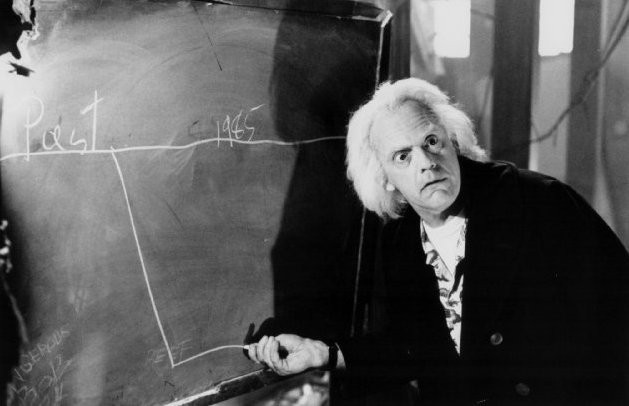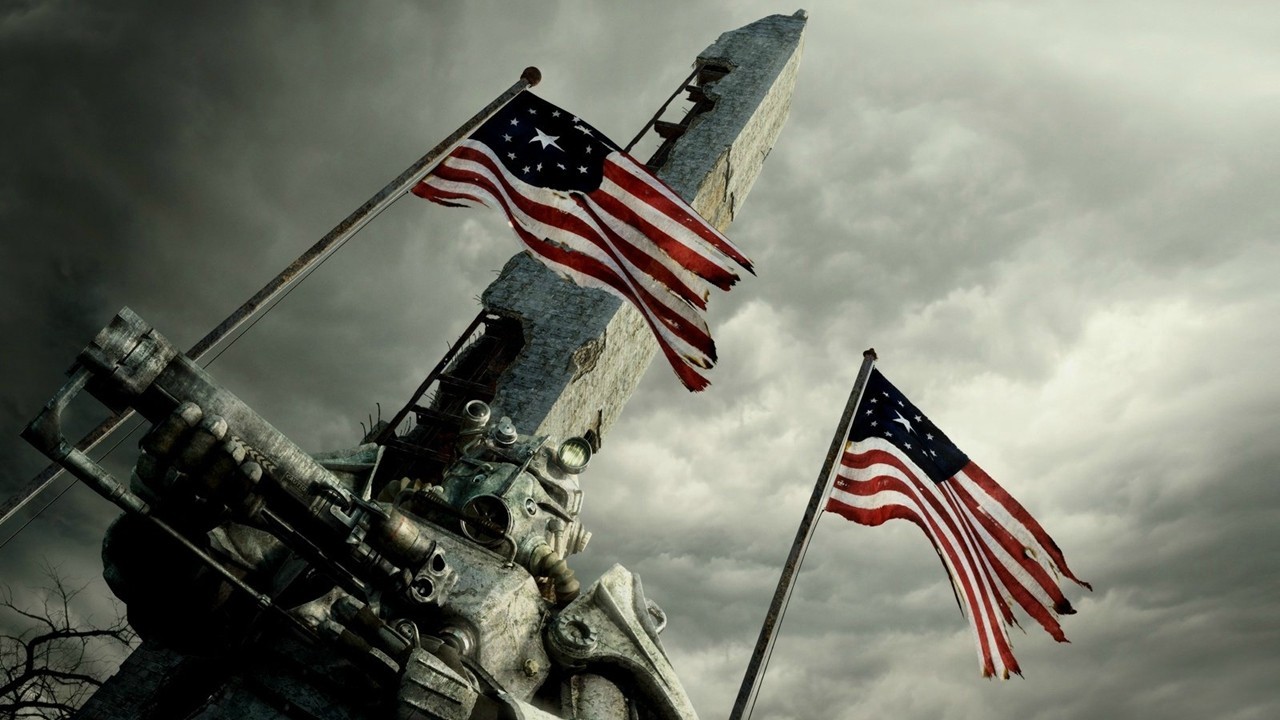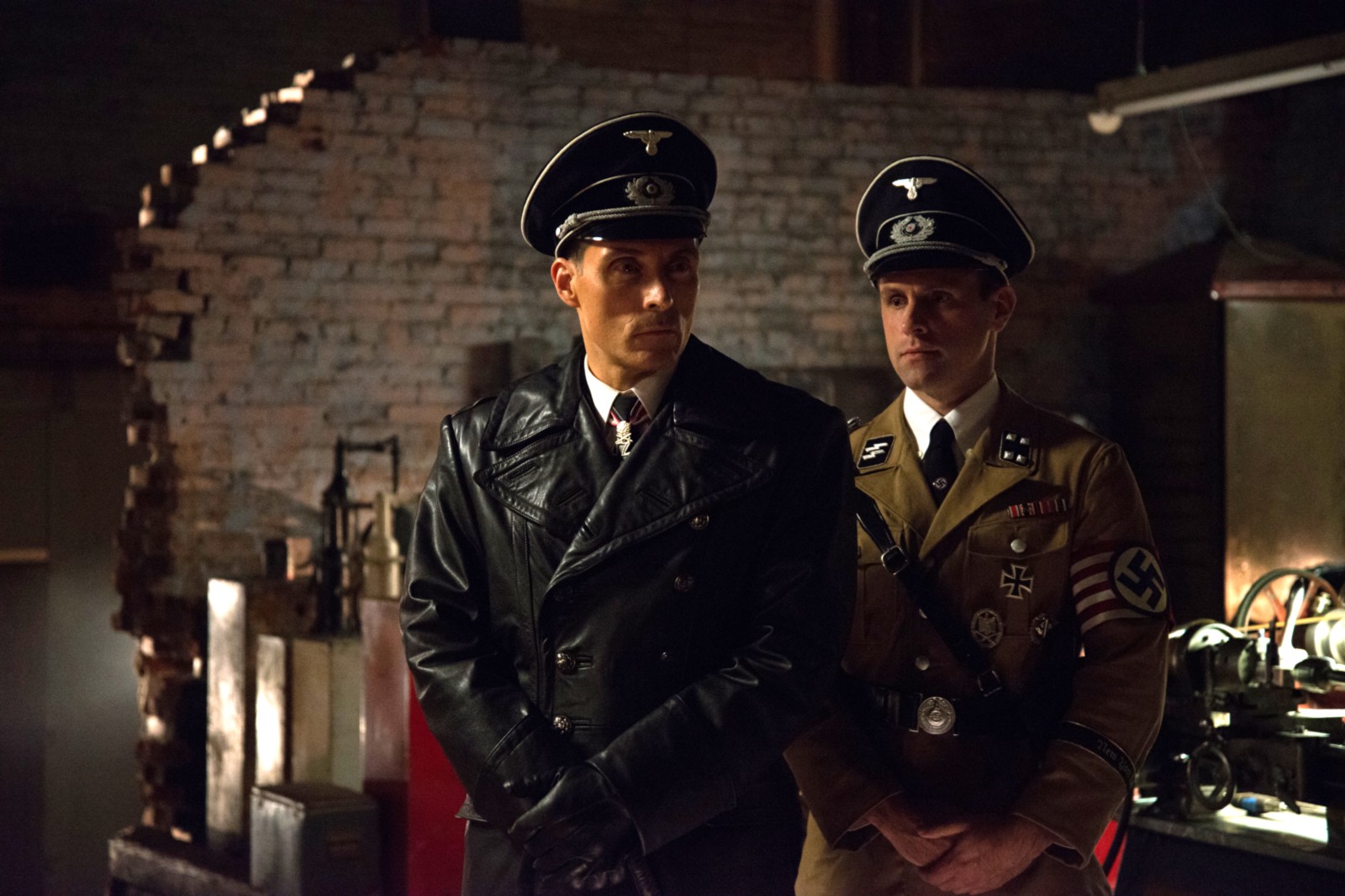Alternate Realities
For 2016, one of my New Year’s Resolutions is to get off my lazy behind and do something productive with my free time. I have a few hobbies that I want to develop as I get older, the foremost being my writing. That brings me here to Medium. My goal is to write a short-form article every week about something that interests me. Maybe this will last a while, and maybe it won’t; either way, it doesn’t hurt to try. So, in the first of what I hope to be many entries, let’s talk about alternate realities.

What is an alternate reality?
Well, I’m glad you asked, anonymous reader. There are many, many ways to define what an alternate reality is, but here’s the bare minimum you really need to understand: An alternate reality is a reality different from our own. Simple enough, right? Not a hard concept to grasp at its core. Let’s add a layer of complexity, shall we? Alternate realities differ from our own because of a fork in the timeline, called a point of divergence. This is where things get a bit trickier. Through this rule, any decision you or anyone else has made can lead to an alternate reality. For example, you might have once been faced with buying a blue or a red car. In our reality, you bought the blue car and drove it religiously for 200,000 miles. But in an alternate reality, you chose the red car and it broke down after 50,000 miles, upon which you had to decide to either bite the bullet and buy a new car or pay the exorbitant amount to fix your current one. As you can see, each decision you make leads to a number of other decisions, each of which leads to another set of decisions, and so on and so forth. This phenomenon is more commonly known as the butterfly or ripple effect.
Alright, I understand what an alternate reality is. Where might I have seen one before?
Great question, reader. I’m sure you are lazy like me, and even though a quick Google search will probably lead you to many, many examples, I’ll review a couple of my favorites below for your reading pleasure.
The Fallout Universe

Fallout is a series of post-apocalyptic RPGs originally developed by Black Isle Studies in 1997 and now published by Bethesda Game Studios. The series is predicated on a thermonuclear war that occurs in 2077 between the United States of America and the People’s Republic of China that eliminates most of human civilization and turns the world into an uninhabitable wasteland for almost two centuries. The games take place in the 2200s, after humanity has found the earth’s surface fit for repopulation again and begun to rebuild. Obviously, there is no threat of thermonuclear war between the United States and China in the present day (well, no obvious threat, anyway), so how did the world of Fallout get to that point? The public’s best guess is that our timeline and Fallout’s timeline diverged at some point between the end of World War II and 1961. Most ascribe the divergence to the development of the transistor, which did not occur in the Fallout universe, leading to further use of vacuum tubes and the development of other technologies. By 1969, in order to “more efficiently govern itself”, the United States reorganized itself into 13 commonwealths. With oil supplies dwindling, the nation turned to atomic energy to fuel its economy — the most obvious change being the gradual switch to fusion-powered cars. In this vein, the Fallout version of America became an “atompunk” society; it never eschewed the culture and technology of the 1950s, and the advances made in atomic technology were simply addendums to the existing culture.
The Man in the High Castle by Philip K. Dick

The Man in the High Castle is set in an America that succumbed to Nazi and Japanese forces after the assassination of Franklin Delano Roosevelt in 1933 and the successive weak administrations that left the United States ill-prepared to fight in World War II. Within the novel, characters discuss another novel, The Grasshopper Lies Heavy, in which the Allies win World War II, but in a manner slightly different how events played out in our timeline. The Man in the High Castle focuses the interplay between the Nazis and Japanese as the world’s foremost superpowers and the American resistance that fights for its freedom in the shadows.
Ok, I understand what’s going on, but why does any of this matter?
People like to dream. We like to explore different futures and different histories, events we could have experienced or lives we could have lived. The idea of an alternate reality, a place where anything could happen and can happen, is mystifying, almost magical. This is why this matters, anonymous reader. Alternate realities let us dream in ways we can never imagine, all stemming from one choice, one decision, one singular point in time. Morpheus offers you the red and blue pills; it’s up to you which you choose and which path you take.
